Filaflex 60A
Filamento flexible Filaflex 60A es el filamento TPU más elástico del mercado para impresoras 3d. Un filamento solo apto para los más ‘pro’ e intrépidos de la impresión 3d con filamentos flexibles.
- Dureza Shore 60A
- 950% de estiramiento
- Altísima elasticidad
- Resistente a disolventes y combustible
- Inodoro
- No requiere cama caliente
- Fabricado en la UE
Filamento flexible Filaflex 60A, ¡la dureza Shore más baja de todos los filamentos flexibles de la gama Filaflex!
De nuevo ¡lo hemos conseguido! Hemos fabricado el filamento flexible TPU más elástico del mercado para impresoras 3d con una elongación a la rotura del 950% y con la dureza Shore más baja, 60A.
El filamento flexible Filaflex 60A se posiciona como el nuevo miembro de la gama ‘Filaflex’, destacando por ser el filamento más elástico de todos, con una dureza SHORE ‘A’ 60.
Al igual que el resto de filamentos flexibles de la gama (Filaflex 70A, Filaflex 82A y Filaflex 95A), Filaflex 60A ‘PRO’ tiene la propiedad de la elasticidad. Es decir, tras su estiramiento Filaflex 60A vuelve a su forma original sin deformarse, siempre y cuando no se sobrepase el límite elástico del material.
El filamento flexible Filaflex 60A 'PRO' es un filamento elástico TPU de alta flexibilidad y elasticidad solo apto para los más ‘PRO’, pero NO apto para los hotends all-metals de las impresoras 3D, puesto que el filamento podría quedar pegado y no fluir debidamente. Tampoco es recomendable su impresión en máquinas o impresoras 3d con extrusión tipo bowden. No obstante, ante cualquier duda, contacta con nosotros para ayudarte o asesorarte.
Los filamentos flexibles o TPU de la gama Filaflex se caracterizan por tener gran adherencia con la mesa de impresión. No necesitan mesa caliente, blue tape, cinta kapton, laca ni cualquier otro adhesivo en spray. Además, son inodoros y resistentes a disolventes y combustible. Su impresión requiere de unas pautas distintas a los filamentos rígidos. Para ello se deben configurar de forma apropiada las impresoras 3d.
Aplicaciones
El Filamento TPU Filaflex 60A de alta elasticidad, no es tóxico y puede estar en contacto con la piel. Consultar para uso médico o alimentario. Se puede usar para crear piezas u objetos que requieran de una muy alta flexibilidad o elasticidad como:
– Plantillas: plantillas ortopédicas.
– Prótesis y modelos de órganos: prótesis de brazos, manos, órganos para simulación de operaciones quirúrgicas, …
– Objetos y piezas flexibles para industria, automoción: topes, juntas, neumáticos, grippers…
– Piezas textiles y complementos: prendas textiles, tejidos, impresión sobre prendas, bolsos, pendientes,…
– Calzado: suelas, zapatos, sandalias, zapatillas, …
- Temperatura de impresión
- 215-225°C. Temperatura recomendada 218°C (nunca acercarse ni excederse de 235°C).
- Velocidad de impresión
- Comenzar a 20 mm/s y continuar hasta 40 mm/s.
- Tolerancia del diámetro
- 0,04 mm.
- Altura de capa
- 0,08-0,25 (para boquillas de 0,4 mm). Resultados óptimos 0,2 mm.
- Velocidad de retracción
- 25-30 mm/s a una distancia de 2,5-6 mm.
- Velocidad de travelling
- 160-200 mm/s.
- Dureza Shore
- 60A
Print bed recommendations
My application for the 60A Filaflex has involved relatively thin builds. As such, I was looking for creative ways to easily remove the filament from the print bed, yet not alter the structure of the print, upon removal. I tested many bed surfaces, ranging from parchment-type baking papers to aluminum foil. The best surface I have found is simple silicon baking sheet...(German Silicon with .4 mm thickness).
Very good product
I had to modify my feed into the extruder as it has high friction on bundle tube . But an amazing product when tuned in to the machine. Very flexible & the layers bond really well so can be put under stress with on faults showing.
Crazy good filament!
I bought this filament a week ago and when I first tried to use it with my Prusa i3, it got stuck inside of the extruder gears. But when I lowered the tension of the gear and placed it by hand into the PTFE tube, it worked perfect! This is how I think of really flexible filament! Great!
Unique
Really enjoyed learning to work with this stuff. Once you master it, it really expands what you can do with 3-D printing via FDM. Anti vibration padding, gaskets, insoles, anti slide pads, living hinges and more. Print it slow (3mm/s bambu studio/ orcaslicer), 230c, and no heat on the bed. Retraction isn’t needed and you’ll want to back off the extruder tension spring. If you’re using a bambu lab printer, you’ll probably want to drill a hole in the housing so you can continue to loosen the tension screw the appropriate amount.

 es
es  en
en fr
fr de
de it
it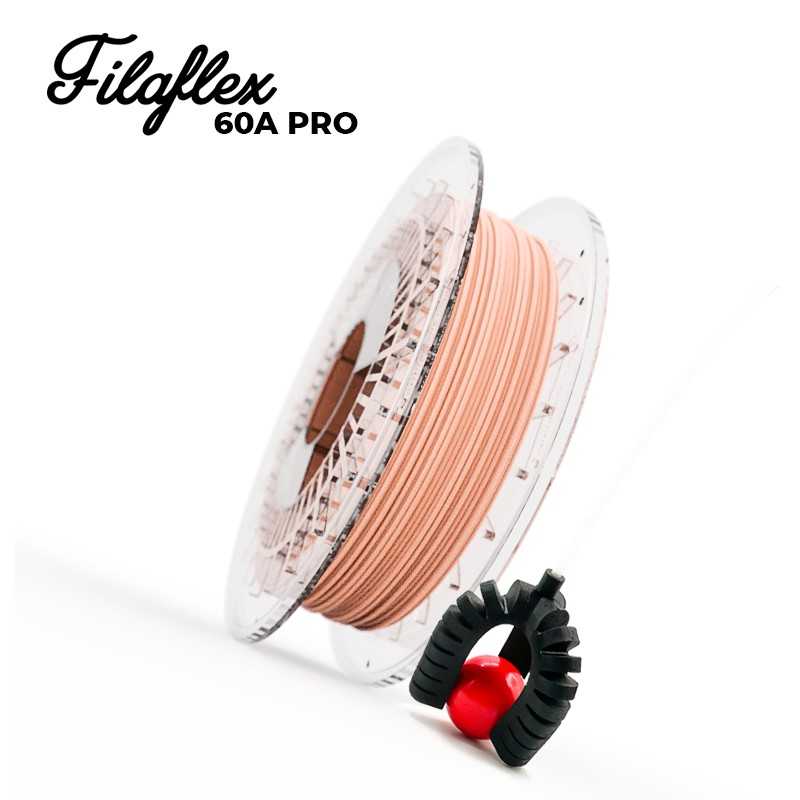






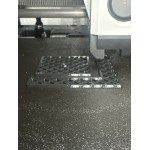










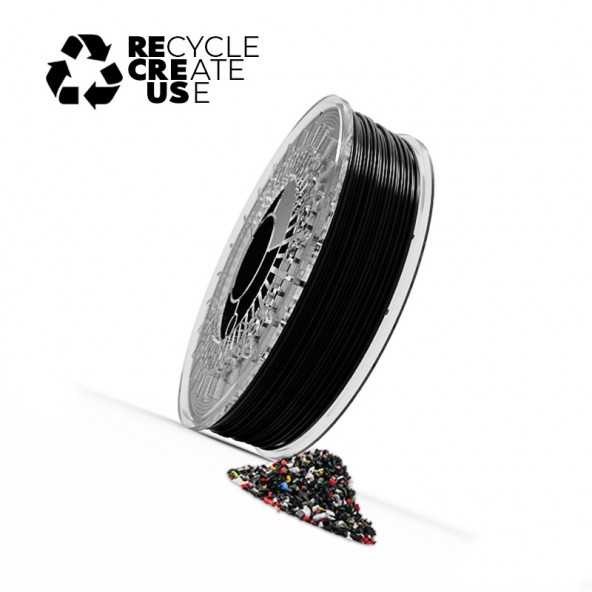
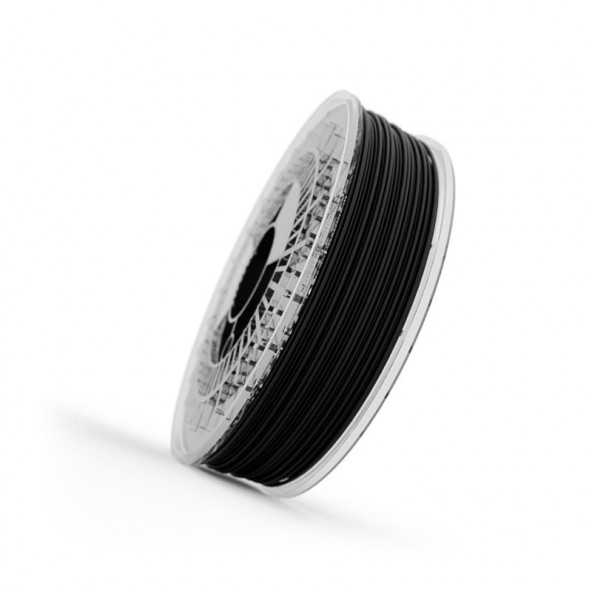
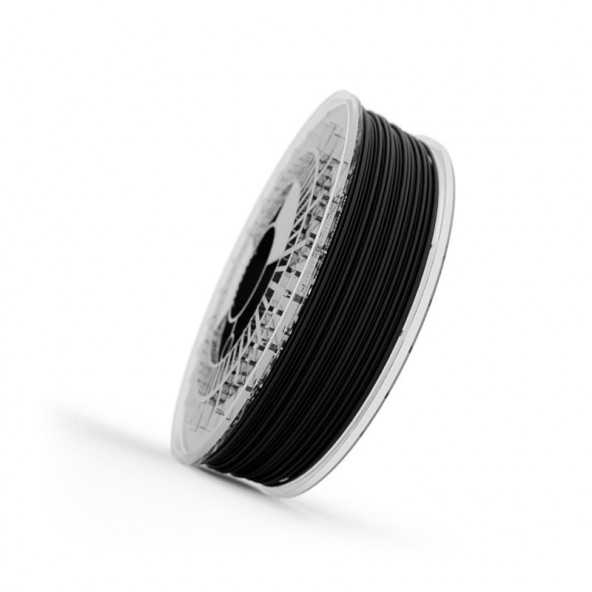
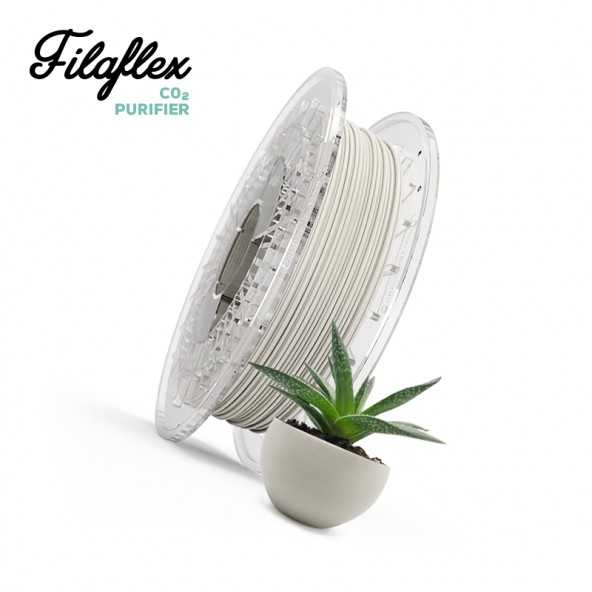
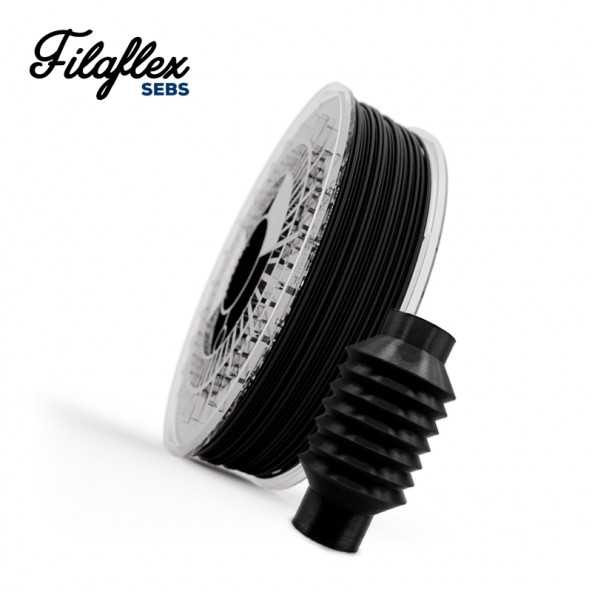
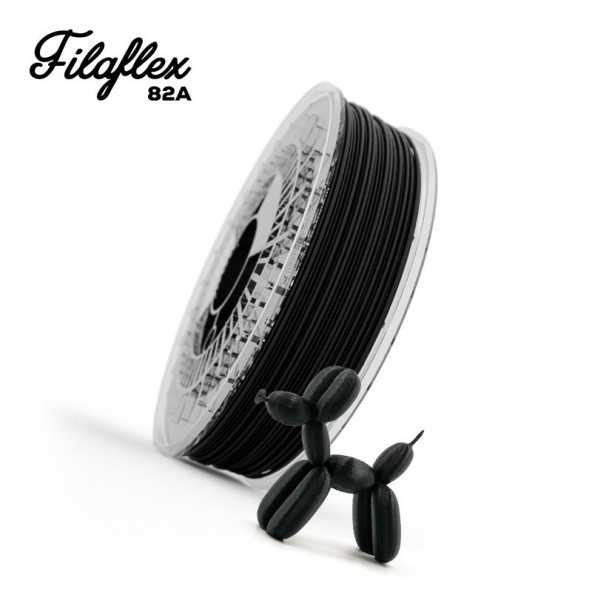
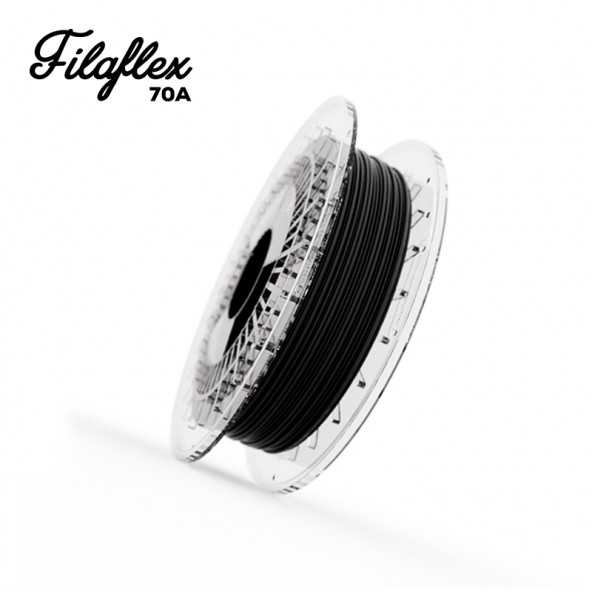
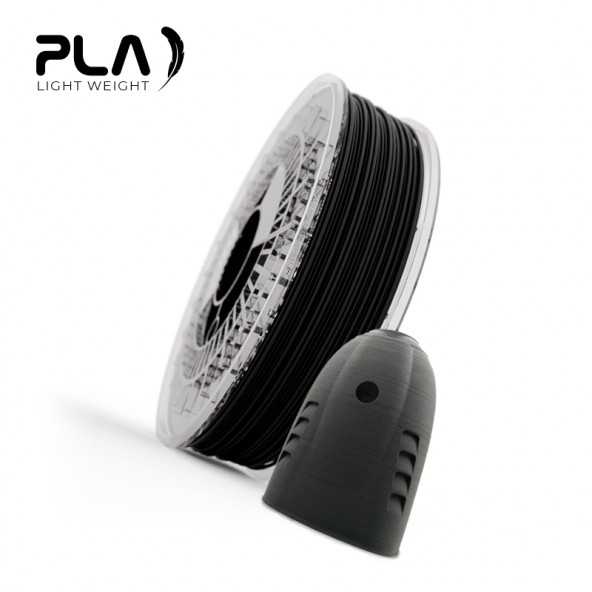
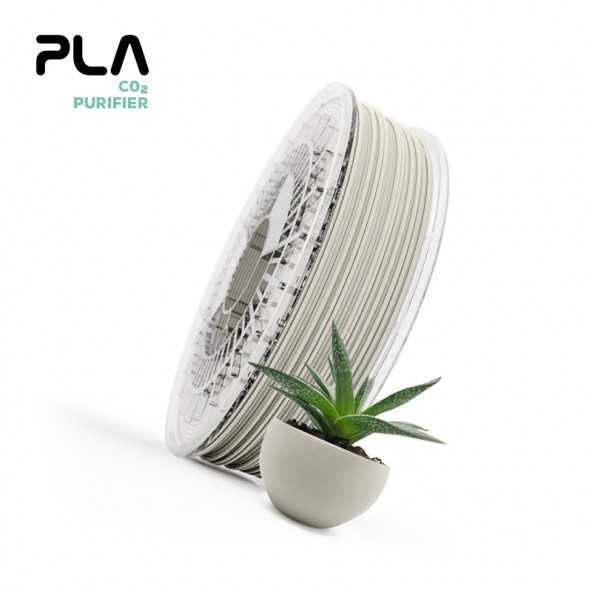
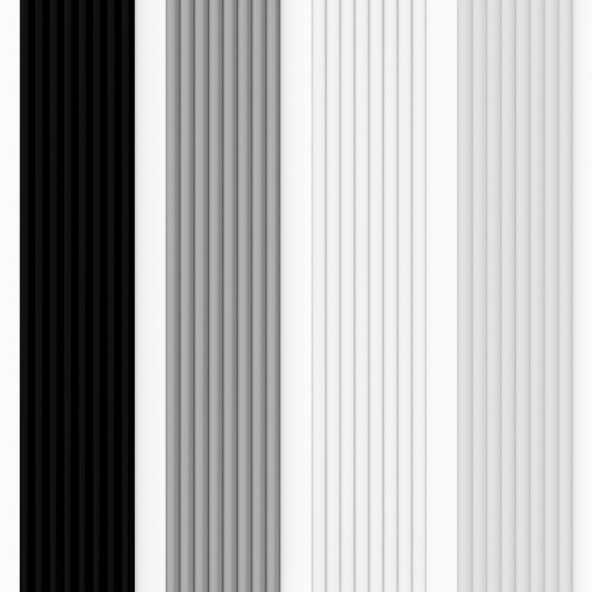
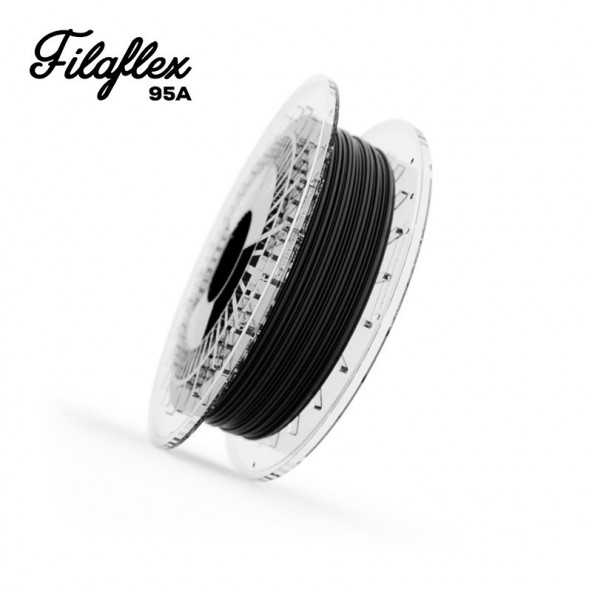
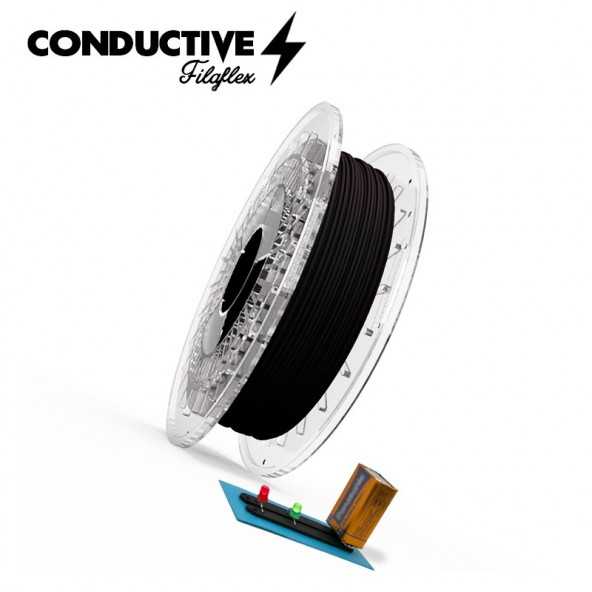
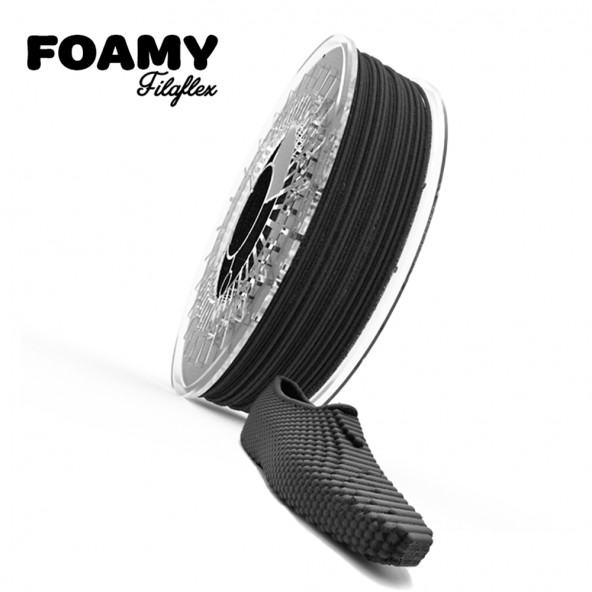
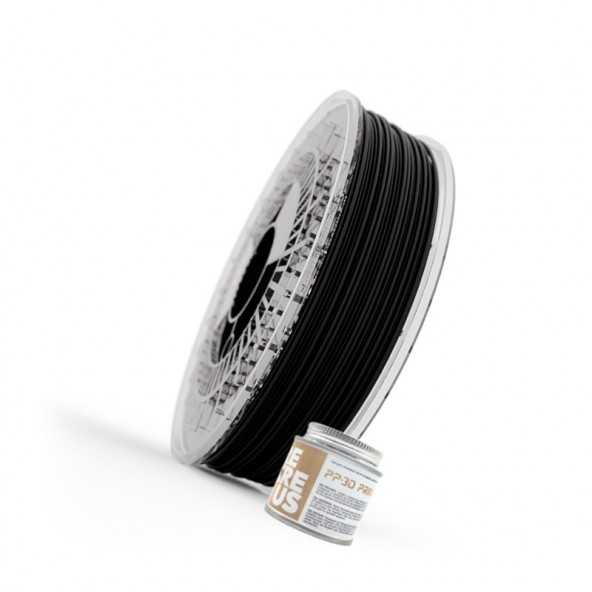
Saved us a fortune and many headaches
We manufacture small linear actuators that work on a unique principle. They require a dampening plug that we used to make of 1/4" EPDM cord.
However, due to change of molds, we now need 6.7 mm diameter instead of 6.35. And since that's non-standard and the manufacturers are unable to produce that material to the millimeter, we were unable to source it anymore - anywhere.
So we printed them instead. We reached the required flexibility by having a hole in the plugs. The best thing is that it printed perfectly with a QiDi iFast with Recreus' recommended paraments and loosening the extruder tensioner.
Even better was that we put that plug through 800,000 impacts inside an actual actuator and it emerged with exactly the same properties. No delamination, no change of Shore hardness. And that on our first try!